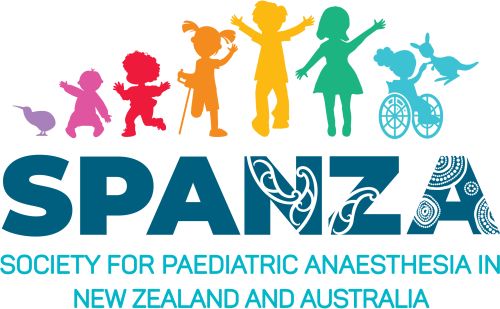Retrospective Cohort Study of Perioperative Complications in Symptomatic and Asymptomatic Children Testing SARS-CoV-2-Positive Within 21 Days Before Surgery
CoV-2-Positive Within 21 Days Before Surgery
Pediatric Anesthesia
Submitted July 2025 by Dr Liam O'Doherty
Read by 542 Journal Watch subscribers
Summary:
This is a single centre, retrospective cohort study of 523 paediatric patients who tested positive to COVID 19 within 21 days prior to surgery. Data was acquired via chart review.
The primary outcome was to assess the risk of complications in patients testing COVID-19 positive within 10 days prior to surgery according to symptom presence (symptomatic vs. asymptomatic) and severity (upper vs. lower respiratory tract symptoms); this outcome was assessed in the 225 patients who tested positive within the 10 day window.
Compared with asymptomatic patients, symptomatic patients were more likely to experience postoperative respiratory complications (OR 3.53), require postoperative medications (OR 7.64) and require postoperative oxygen support (OR 2.62). There was no difference in intraoperative medication use (succincylcholine, albuterol, atrovent, adrenaline), intraoperative respiratory complications, unplanned admissions, or unplanned ICU admissions.
Compared to those with lower respiratory tract symptoms, those with upper respiratory tract symptoms were less likely to require postoperative medications (albuterol, succinylcholine, adrenaline, atrovent) (OR 0.1), and oxygen support (OR 0.08). There was no difference in intraoperative medication use, intraoperative respiratory complications, postoperative complications, unplanned reintubation, unplanned admission, unplanned ICU admission, or length of PACU stay.
The secondary outcome was understanding the frequency of complications in patients testing positive within 21 days of anaesthesia, which included the entire 523 patient cohort. The frequency of complications was quantified based on the timing of the COVID-19 positive result before surgery: 0-6, 6-11, 12-15, and 16-21 days. Those testing positive for COVID-19 less than 6 days before anaesthesia had longer PACU stays, more postoperative respiratory complications, more postoperative medication use, and more oxygen use versus the other groups. There was no difference in intraoperative respiratory complications, intraoperative medication use, unplanned reintubation, unplanned admission and unplanned ICU admission.
Commentary:
This is the largest single centre paediatric study to assess perioperative complications of COVID-19. The outcomes are supported by other evidence showing higher perioperative risk in those testing positive for COVID-19 prior to surgery and those with lower respiratory tract symptoms. There is some evidence, with omicron variant, that there is no difference in perioperative risk between symptomatic and asymptomatic patients. This study did not record the COVID-19 variant thus may not be generalisable to milder strains.
This study does support that children tend to have a milder course than adults with lower incidence of perioperative complications.
There was potential confounding in the data for the primary outcome as the group having surgery with symptoms present were younger, smaller, had higher ASA scores and were more likely to have higher risk procedures e.g. ENT, cardiothoracic. This reflects those that could not have surgery postponed.
Other limitations were that hypoxia was not predefined and respiratory events were not defined a priori. Thus, variability in recording of these events could have caused underreporting. Also, administration of oxygen and albuterol may have been prophylactic in some cases, rather than in response to complications.
From this study it suggests that for paediatric patients testing positive for COVID-19 within 6 days of anaesthesia, those who are symptomatic and those with lower respiratory tract symptoms likely present some increased risk of perioperative complications. This suggests that presence and severity of symptoms should drive risk assessment in decision making.



